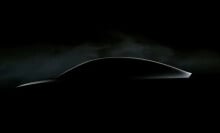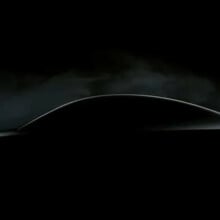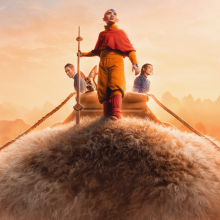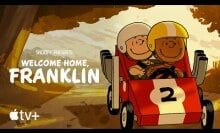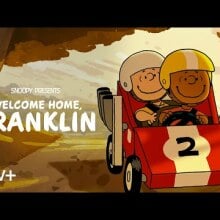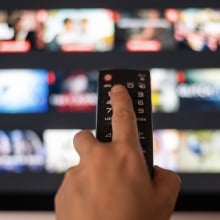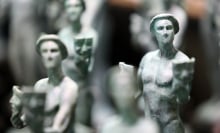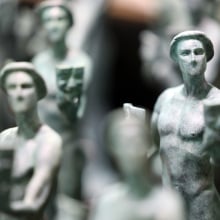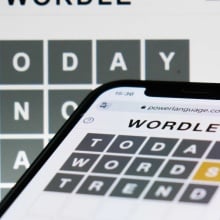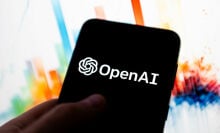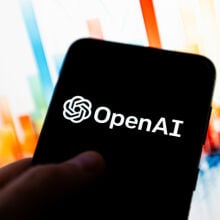Tesla has been ordered to shell out $136.9 million in a racial discrimination lawsuit, an enormous judgement that may be the biggest of its kind in the U.S. The electric car company has a few things to say about that.
The suit was brought by former Tesla contractor Owen Diaz, who began working with the company in 2015. Hired as an elevator operator in a factory in Fremont, California, Diaz claimed he was subjected to anti-Black racial discrimination during his time there — hostility that a San Francisco court determined Tesla ignored.
Diaz told the court he experienced offensive racial taunts, use of the N-word, and that Tesla employees drew derogatory racist caricatures around the workplace. These incidents took such a psychological toll on him that he was unable to sleep and lost his appetite, causing him to shed weight.
This week a federal jury ruled in Diaz's favour, finding that Tesla subjected him to a racially hostile work environment, failed to take reasonable steps to prevent him from being subjected to racial harassment, and was negligent in overseeing the employees who harmed him. Diaz was thus granted a substantial $136.9 million judgement, comprised of $6.9 million for emotional distress and $130 million in punitive damages.
$136.9 million is still a relative drop in the bucket for Tesla, which was valued at over $800 billion for the first time this January. However Diaz' lawyer Larry Organ told NPR he believes it's the largest ever award in a racial harassment case involving a single plaintiff in the U.S., and should encourage companies to take racism in the workplace more seriously.
"Owen and I both hope that this sends a message to corporate America to look at your workplace and, if there are problems there, take proactive measures to protect employees against racist conduct," said Organ.
Tesla isn't about to take the jury's official finding of racism lying down, though. The company has since distributed a note to its employees stressing its belief in its own innocence, which it posted on its official blog on Monday.
Noting that Diaz was a contractor rather than an employee, as if it matters, Tesla implied a belief that he was mainly claiming discrimination in retaliation for being denied work.
"Mr. Diaz made written complaints to his non-Tesla supervisors. Those were well-documented in the nine months he worked at our factory," wrote Tesla's vice president of people Valerie Capers Workman, almost acknowledging at least some racism. "But he didn’t make any complaints about the N-word until after he was not hired full-time by Tesla — and after he hired an attorney."
Of course, promptly reporting every single instance of racism can be utterly exhausting for the people affected, particularly when it is rampant. This expectation also unreasonably suggests it's the victim's responsibility to constantly right the situation, rather than the company's responsibility to build a better environment.
Tesla also noted that Diaz suggested his children work at the company, however this still doesn't prove it was a good place to work. If Squid Game has taught us anything, it's that people will endure horrific things when desperate for money.
Attempting to do damage control on its image, Tesla further stressed that it's changed since Diaz left in 2016, it swears. The company highlighted that it now has more comprehensive HR structures to deal with these issues, such as an Employee Relations team and a Diversity, Equity and Inclusion team.
"We’re still not perfect. But we have come a long way from 5 years ago. We continue to grow and improve in how we address employee concerns. Occasionally, we’ll get it wrong, and when that happens we should be held accountable," said Workman, while still trying to dodge accountability.
Mashable has reached out to Tesla for comment.
Diaz's case is an outlier in that Tesla typically employs mandatory arbitration to deal with situations of racial discrimination. This policy has come under fire in the past, as it has meant issues are kept secret and employees have no right to appeal.




